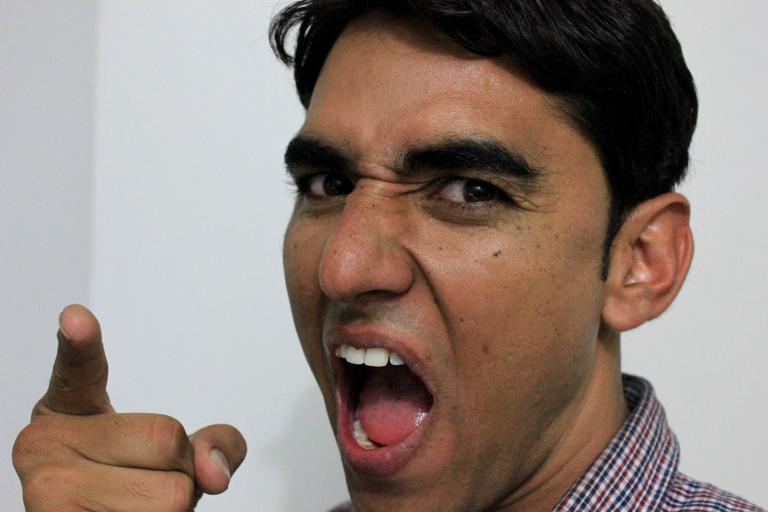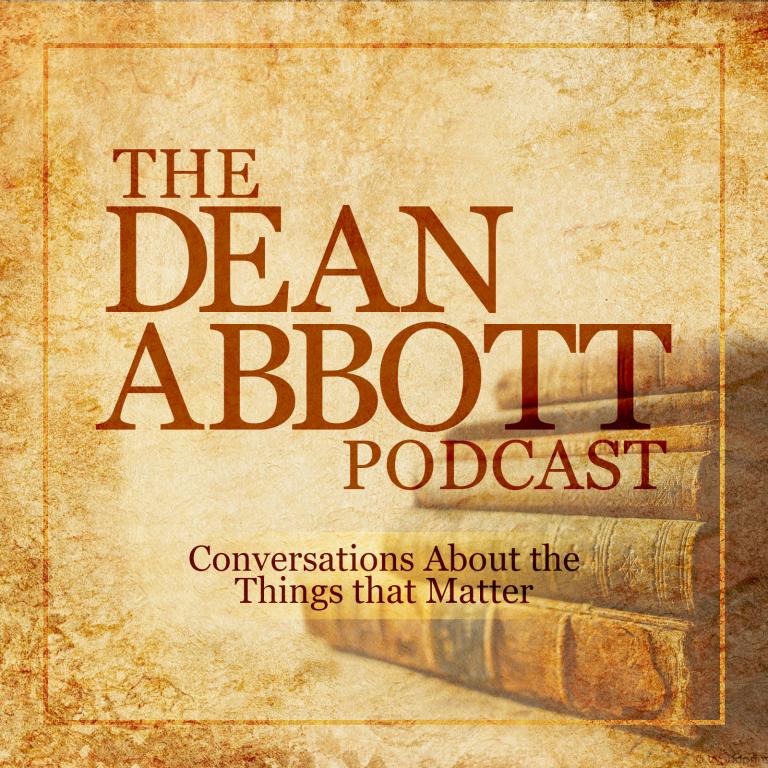
What We Saw Down on the Farm
My wife and I took our girls to farm the other day. The owners specialize in maple syrup products, and it’s their busy time of the year. We stood outdoors in the late winter chill learning about how they transport the sap. A spider’s web of plastic tubing weaves between the trees connecting all 5000 on the property. Through it flows the sap that eventually becomes syrup and sugar and other maple-flavored concoctions.
The whole operation is run by a single family. Our tour guide was obviously the patriarch. He spoke with authority as he showed us the the filtration system, the enormous boiler and the metal drums where the syrup is eventually stored. He was friendly, but his years had given him an undeniable gravitas.
The main room was filled with younger versions of this guy. Men, mostly in their twenties and thirties who could be aptly described as “strapping.” They were big guys who radiated strength, solidity and that intangible quality that, if you’ve been around the Midwest enough, you recognize as “farmishness”. The only thing in that barn flowing more thickly than maple sap was testosterone.
Later, I drifted back to talk more with the patriarch. He had grown up on the farm and raised his own children there. He spent most of his time on farmwork now that he was retired from the fire department. One of his sons was a fireman now.
What It Meant
These guys, with their physical strength, their rural lifestyle that includes slaughtering pigs, their demeanor and, presumably, their willingness to run into a fiery buildings to save other people’s babies, represent traditional masculinity. Not everyone is a fan. When the Left talks about “toxic masculinity”, these are the guys they are thinking of. I mean, those guys probably even owned guns.
Everything about these men and the life they’ve built marks them as failures in the broader culture. Our society has inverted the scale of value and men suffer for it. Once, these men would have been revered for the bravery, strength and competence, their ability to confront the challenges of life and prevail. Today they are viewed as, at best, low status hicks and, at worst, rapists in waiting.
Today we value the nice guy, the compliant guy, the guy who gives no offense and asks no favors. We value the man who accepts dependence on others, on corporations, on government. We value harmlessness and a willingness to drift.
Because we value these qualities, we get more of them. No wonder the qualities these farmers/firemen project are waning. No wonder testosterone levels are plunging. No wonder men are sicker, lonelier and more depressed than ever.
At the same time that such traditional manliness is no longer in vogue, many people long for the life it makes possible. The lives those guys lead that are more stable and independent than most. The majority of us can only imagine the ties to the land, to place and to family that sustain such men and their enterprises.
As we have demonized traditional masculinity, the kind of independent, rooted existence it makes possible has withered. The cornerstone of that kind of life is strong, stable, competent men. Without them, the mode of living most conducive to human flourishing vanishes. Yet our culture continues to push the myth that this wholesome way of life is rooted not in nobility of spirit, but in emotional and psychological toxicity.
What We Must Do
Reversing this situation requires men willing to be self-consciously counter-cultural. The worst thing we could do now is follow our culture’s lead. We can’t wait for true manly qualities to be fashionable. We must take the lead to cultivate such qualities no matter how toxic we are told we are. We must build a renewed culture, first in our own bodies, minds and families and then among our neighbors. We must compel the tides of the larger culture to shift through the gravitational pull of our character and the strength of our wills. That is, after all, what men do.
Fortunately, we don’t have to start from zero. Traces of mature, traditional masculinity are still around. Its seeds still sprout and grow in out of the way places. I know because I visited a farm recently and saw the fruit.













